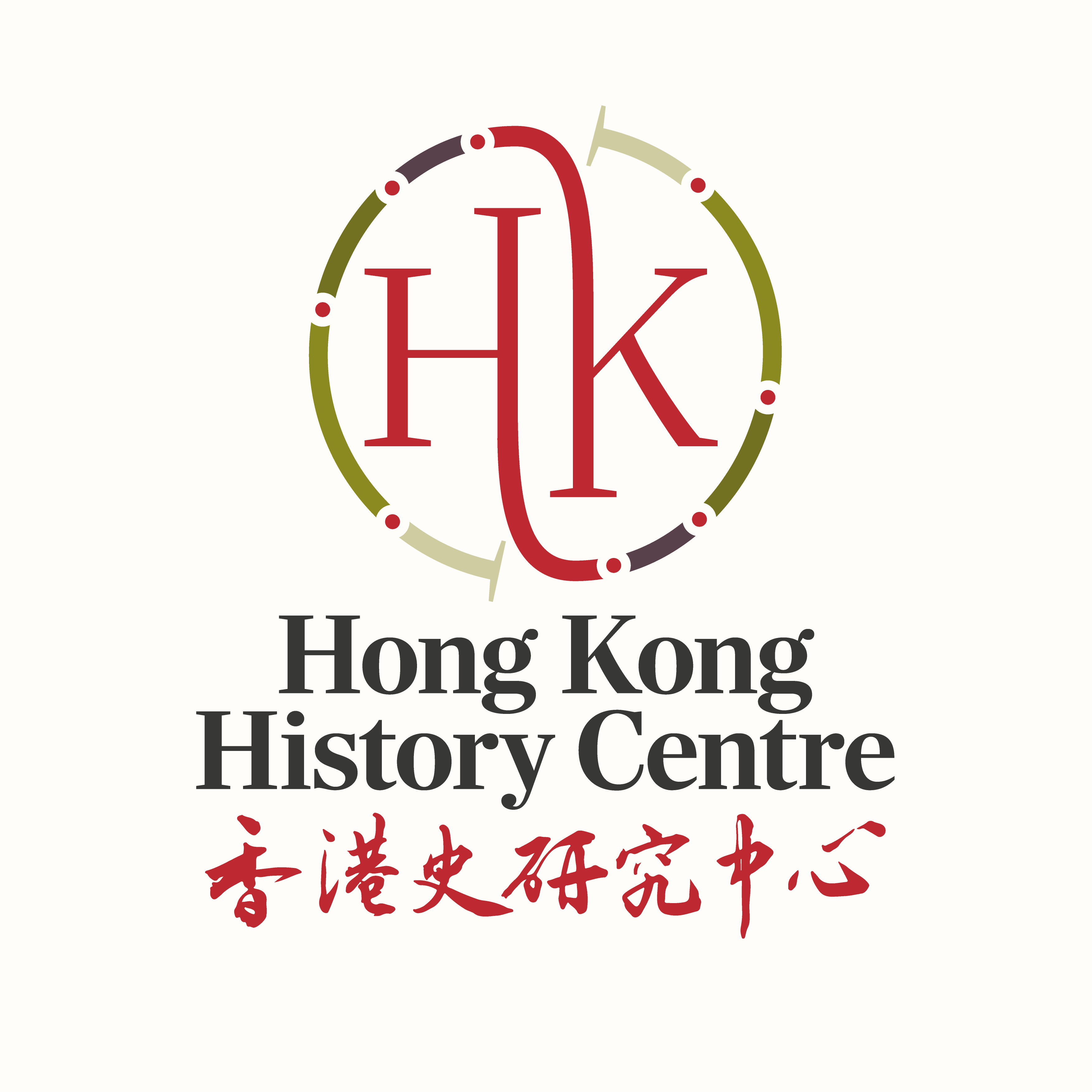
By Vaudine England.
A dear friend and colleague from a past journalistic life — educated, erudite and well-informed — delighted in saying: ‘I hate history!’ Why bother with stories of days gone by when so much is happening, right now? …
03/02/16
The University of Hong Kong’s History Department has released the following call for papers:
Spring Symposium
Open to History Research Postgraduate Students
Hosted by the Department of History, University of Hong Kong
Thursday 5 May 2016
Call for Papers
The …
05/12/15
By Vaudine England
The Hong Kong History Project, born in January 2015, has earmarked PhD funding and support to a young student from Hong Kong, Vivian Kong Wai-yan, who will take up her researches into the pre-war British community of …
20/07/15By Vaudine England.
A dear friend and colleague from a past journalistic life — educated, erudite and well-informed — delighted in saying: ‘I hate history!’ Why bother with stories of days gone by when so much is happening, right now? …
03/02/16The University of Hong Kong’s History Department has released the following call for papers:
Spring Symposium
Open to History Research Postgraduate Students
Hosted by the Department of History, University of Hong Kong
Thursday 5 May 2016
Call for Papers
The …
05/12/15By Vaudine England
The Hong Kong History Project, born in January 2015, has earmarked PhD funding and support to a young student from Hong Kong, Vivian Kong Wai-yan, who will take up her researches into the pre-war British community of …
20/07/15